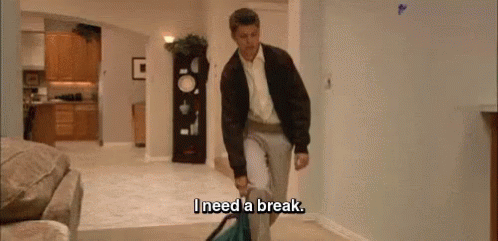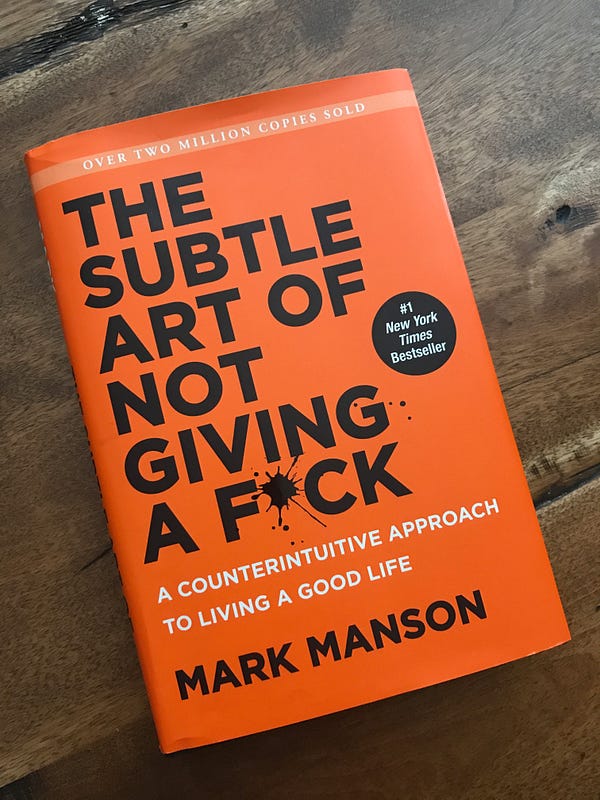
Three words to begin your peak performance journey.
It was 500pm, Tuesday, June 6th, and two and half days of Elevate Conference 2017 awesomeness had just come to close.

I couldn’t think.
I could barely move.
I had to sit down on the stage.
This wasn’t normal, post-conference exhaustion, I was gassed and worse, it had impacted my performance on stage.
Early in the day, the closing keynote speaker, the tremendously intelligent Michael Priem, asked that we do a “Fireside chat” style presentation versus a standard keynote.
I agreed.
But when the time came to deliver, my brain and body had nothing left. I was empty and the session suffered for it.
About ten minutes in I turned to Michael and mouthed, “I don’t have it,” and he was forced to finish on his own. And while Michael was able to deliver some great points, the session as a whole was clunky and lacked punch.
My mind and body were not prepared to perform at such a high level for an extended period of time.
I pride myself on high performance.
Yet, I was weighed and measured by Elevate 2017, and my mental and physical stamina had been found wanting.
Sitting there, knowing my work was still not done (there were hands to shake and well-deserved thank you’s to be delivered), I allowed myself, for just a moment, to fully experience the exhaustion and disappointment.
I never wanted to forget the feeling.
Then I let the moment pass and made myself a simple promise; this would never happen again.
I’ve lost 24 pounds since Elevate 2017.
Mentally (as it relates to memory and stamina) and physically (as it relates to energy) I feel at least ten years younger (I’m 37).

These results have primarily come from diet and exercise.
But there is so much more to finding peak performance. The journey has just begun.
That is why I called this project, “Finding Peak.”
I’m not sure I believe “Peak You” even exists. To believe it does creates a false sense that there is an end or that you must be special or chosen in some way to obtain peak performance.
No one is preordained a peak performer. You either seek peak performance or you do not.
My work (and whatever else it evolves into) is about the search for peak performance, in whatever that looks like for each of us individually.
We’re all regular people seeking an extraordinary moment.
Two weeks ago my father-in-law hands me a book, The Subtle Art of Not Giving a Fuck by Mark Manson.
The book’s title is deceiving.

If you don’t feel like reading it, here are my Book Notes.
(This took a while to do, so let me know if the format is valuable to you. If it is, I’ll create more Book Notes in the future).
Manson’s message is not that we shouldn’t care about people or their opinions (which was my initial reaction to the title), but rather a game plan for how to care and who to care about.
See the impetus of my deepest darkest moments, the moments filled with stress and negativity, are most often brought on by a lack of valuable creative output. It feels as though I’m adding nothing to the world.
My dark moments are always the results of giving a fuck about the wrong things.
But the stress doesn’t always manifest in the work.
I’d be irritable at home with my wife.
I’d be checked out during playtime with the kids.
I’d make bad food decisions.
I’d slump off on life tasks that needed to be done around the house.
I’d start watching more TV.
For me, The Subtle Art of Not Giving a Fuck was a wakeup call. Stop caring about things that don’t matter.
Do the work.
Be happy.
It’s that easy… haha. Yeah, right.
Do what work? For who? What does success look like? How do I make money? What are people going to think? Am I too old?
Ugh.
All this bullshit floods my brain, followed by more stress, more anxiety, and no work.
Then I hit this quote, “Everything worthwhile in life is won through surmounting the associated negative experience.”
I’ve heard other versions of this:
My version, “Follow the pain.”
See, I think most people wrongly stop at believing the point Mark Manson’s book is “What should you care about?”
While that is a big part, it’s not the whole story.
Answering the question, “What should I care about?” only loads the weapon.
“Follow the pain,” shows us where to aim.
Logically, this makes sense, but emotionally, having the discipline to “Follow your pain,” is a life’s work.
Finding Peak is documentation of my own journey in following the pain.
Pain acts as a big red X on the map to your success.

This is the brilliance of Manson’s message. Talking head gurus bloviate about “Follow your passion,” and the unfortunate people who believe them spend years, if not a lifetime, without ever finding direction.
When instead, by simply acknowledging your pain’s existence, you instantly know the direction you must travel.
The process of eliminating this pain (whether possible or not) puts you on the path to peak performance.
Are you ready to take the first step?
You must acknowledge where pain exists in your life.
For myself, there are three major pain points:
…and the excuses that come with not overcoming these personal challenges.
As far as Elevate 2018, the event was a success. Far more so than I could have ever imagined. More relevant to our conversation today, the work I put in between the two events paid off tremendously.
My mental energy and physical stamina were markedly improved. I was able to sustain high-performance levels throughout the entire event with no crash.
Finding Peak works.
Follow the pain.
Hanley.
P.S. If you enjoyed this article, subscribe to my newsletter.



From professional athletes to NYT bestselling authors, entrepreneurs to Fortune 500 CEOs, physicists to philosophers, join host Ryan Hanley as he explores peak performance in business and life.
Each episode uncovers how top performers become the best version of themselves.